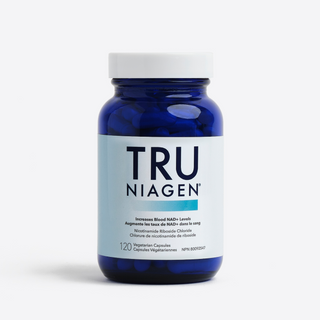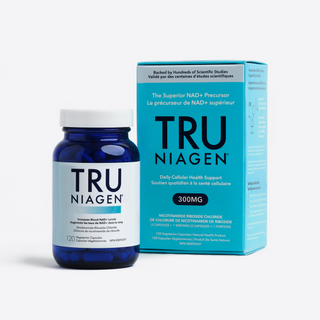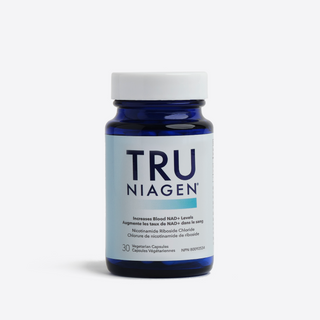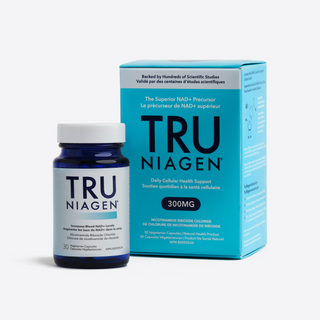
Why is cellular health so important?
Your body is made up of 37.2 trillion cells, and each of them plays a role in maintaining optimal health. From your gut to your brain to your heart to your fingertips and across all points in between, different types of cells serve different physiological functions. But all cells need to create energy and carry out the processes of repair to do their jobs. These functions are carried out within organelles called mitochondria.

Where cellular energy is activated
Mitochondrial dysfunction is one of the hallmarks of aging. The mitochondria are responsible for generating about 90% of the energy your body uses. We like to call them the “energy engines” of your cells. The energy they produce fuels all of our vital functions. They do this by converting the nutrients we get from food into adenosine triphosphate (ATP) via a series of complex processes. The process of energy generation by the mitochondria requires NAD+ in constant supply.

NAD+ for cellular repair and regeneration
NAD+ also plays an essential role in the processes of cellular repair and regeneration. NAD+ molecules activate sirtuins, a family of seven proteins that help to regulate cellular homeostasis, and drive the process of repair. Sirtuins cannot function absent the presence of NAD+. Enzymes called PARPs (which stands for poly (ADP-ribose) polymerase) are also dependent on NAD+ to help repair cellular DNA damage due to oxidative stress.

NAD+ is vital to healthy aging at the cellular level
Unfortunately, NAD+ is depleted over time as you age. It’s also depleted by a range of physiological stressors, and can also fluctuate if you’re under immune stress. It’s also worth noting that as we age, we produce less mitochondria to fuel our cells—which means the ones we have need to work harder. All of this equates to what we experience as the aging process.
But mitochondrial health can be influenced by lifestyle habits, and also by using supplementation to boost your NAD+ levels. That’s where Tru Niagen comes in.
A Legacy of Research & Innovation
Lorem ipsum dolor sit amet, consectetur adipiscing elit. Curabitur tristique ligula risus, eu ornare libero semper at.










